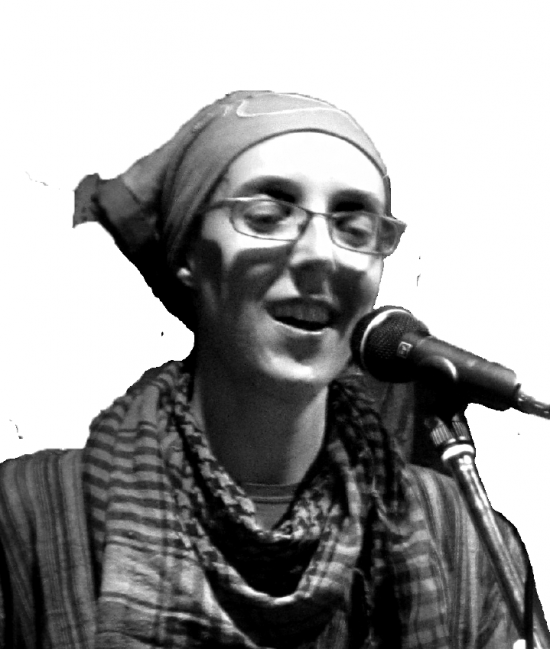Nearly everyone I talk to is feeling a bit weary just now. Weary with the pandemic and all that it means, weary with the chipping away of the welfare state and the lack of honest and compassionate human behaviour demonstrated in Westminster.
Weary with the upsurge of overt racism that Brexit has brought us and weary with fear and anger for the future of the planet and its people, flora and fauna.
It’s the same old stories: divide and conquer; keep the rich getting richer and the poor getting poorer; I’m alright Jack.
These are the times when I look to some of our radical song histories to find strength, hope and connection with others who seek to change the world for the better.
This month, I particularly went in search of some English inspiration.
Though I live in Scotland, and my heart is here, I was born in England and it remains part of my identity (whether I like it or not!).
Along with many non-football fans, I’ve been really impressed by the strong social leadership shown by the English football team during the last few months.
I’ve also been disgusted by some of the (ongoing) racist abuse thrown at the footballers in that team.
When people in (governmental) power are so misusing that power, it brings a spark of hope to see other prominent figures using their platform to model a different way.
The song that is resonating with all of this for me just now is ‘John Ball’, written by Sydney Carter in 1981, on the 300th anniversary of the Peasant’s Revolt.
Thirty-five years after the Black Death had killed over a third of the population of Europe, there weren’t enough people to work on the land.
Recognising this opportunity, workers organised to demand higher wages and better working conditions. The government of the time, comprised mainly of landowning bishops and lords, unsurprisingly passed a law to limit wage rises, as well as introducing a poll tax to pay for a war. (Sound famililar?!)
The song is largely based on a sermon John Ball made during the revolt, after the Kentish rebels broke him out of prison.
The song poetically paraphrases: ‘Who will be the lady, who will be the lord, when we are ruled by the love of one another?’
It goes on: ‘Sing, John Ball and tell it to them all – long live the day that is dawning! And I’ll crow like a cock, I’ll carol like a lark for the light that is coming in the morning.’
John Ball was a minister who challenged the established power structures. He criticised the feudal system, which cost him his post at a church in 1366.
From then until the revolt, he wandered freely (when not imprisoned) and preached about injustice, corruption and exploitation wherever he could – often in churchyards after church-sanctioned services had ended!
Without the benefits of social media or the communication tools we have now, over 60,000 people were involved in the 1381 revolt. Many thousands descended on the City of London to demand change, but, after stabbing one of their leaders (Wat Tyler), king Richard II somehow managed to persuade those gathered to disperse.
The king made false promises that were never kept, though the poll tax was withdrawn. A lesson, perhaps, for us to be vigilant against lying politicians…?!
So many of us wouldn’t know the story of John Ball, or perhaps even the Peasant’s Revolt, were it not for this song.
So let me leave by encouraging you to take the time to write those songs and poems telling the stories of inspiring people who challenge the status quo, whether that was 300 years ago or today.
Let’s pass these stories on to the generations that follow us, that they may have the connection with radicals who went before them, and reflect on some of the lessons we can learn.
The Peasant’s Revolt wasn’t totally successful at the time, and John Ball was killed by the state. But the workers’ rights that they envisioned and took action to make real are now enshrined in laws.
Our job is to keep the government from chipping away at those rights, and to keep pushing for the vision of a better world that we can see. As Arundhati Roy once said: ‘Another world is not only possible, she is on her way. On a quiet day, I can hear her breathing.’


